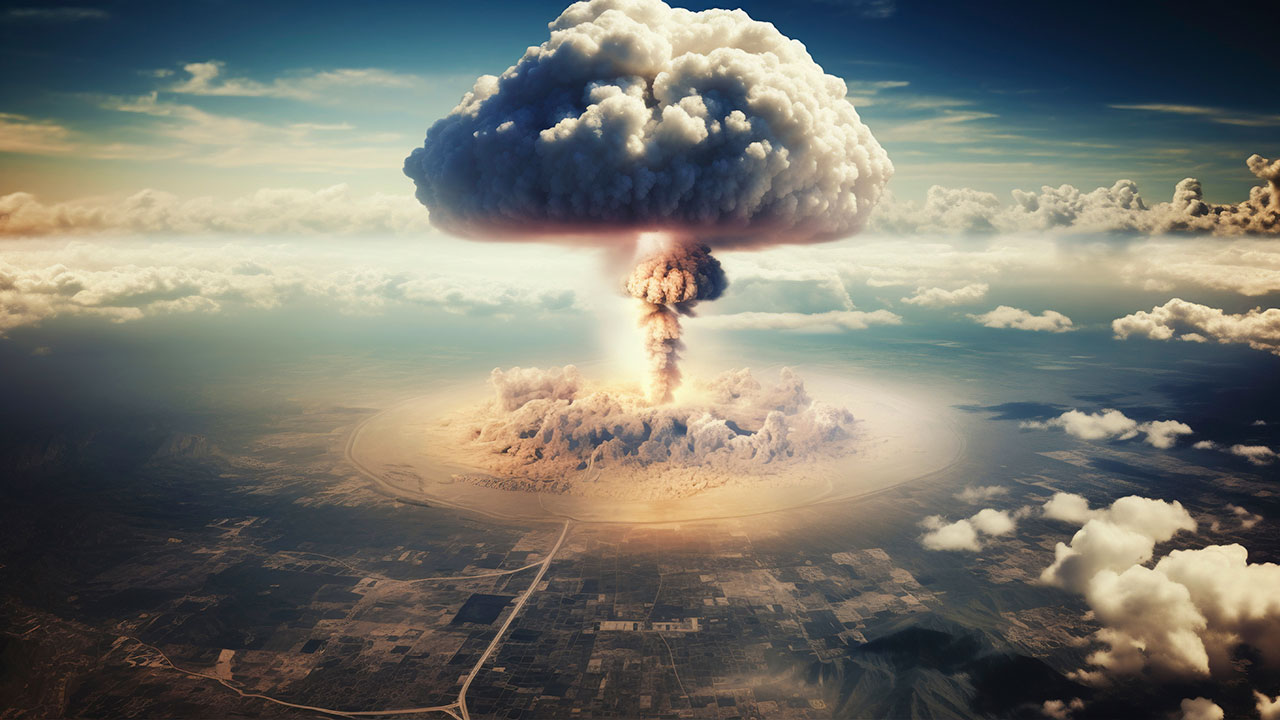PHL renews call for int’l cooperation vs nuclear weapons

THE PHILIPPINES has called on the international community to boost efforts in strengthening legal mechanisms against the spread of nuclear weapons amid the nuclear conflict in the Korean Peninsula and the Middle East, according to the Philippine embassy in Vienna.
At the Board of Governors Meeting of the International Atomic Energy Agency (IAEA) on Nov. 20 to 22, Manila’s Permanent Representative to the United Nations (UN) and Vienna Evangelina Lourdes A. Bernas reiterated the Philippines’ position calling for global denuclearization, especially in the North Korea.
“We stress the importance of full compliance of Member States with their respective Non-Proliferation Treaties and safeguards obligations, as well as the provision of cooperation to the Agency in fulfilling its verification and monitoring functions,” she said.
The IAEA is an autonomous agency under the UN system engaged in promoting safe-secure and peaceful use of nuclear science and technology, according to the agency’s website.
The Philippine Senate in 2021 ratified the UN Treaty on the Prohibition of Nuclear Weapons, making the Philippines the 53rd nation to adopt the treaty. The treaty, signed by 86 countries, took effect after it was ratified by at least 50 states.
The treaty bars nations from developing, testing, producing, manufacturing, transferring, possessing, stockpiling, using or threatening to use nuclear weapons.
The Philippines has denounced North Korean ballistic missile launches over the past year, citing threats to regional peace.
Washington and Manila’s Agreement for Cooperation Concerning Peaceful Uses of Nuclear Energy, also known as the 123 Agreement, entered into force on July 2, the US State Department said in a statement on July 9. Both countries signed the deal in November 2023.
In October, Philippine President Ferdinand R. Marcos, Jr. and South Korean President Yoon Suk Yeol signed a deal to conduct a feasibility study on the rehabilitation of the mothballed Bataan Nuclear Power Plant. The Department of Energy (DoE) and Korea Hydro & Nuclear Power Co., Ltd. agreed to hold a comprehensive technical and economic feasibly study on the plant.
The Philippines is hard-pressed to find other sources of indigenous energy as the Malampaya gas field, which supplies a fifth of its power requirements, nears depletion. The gas field is expected to run out of easily recoverable gas by 2027.
The DoE expects nuclear power to start feeding into the country’s grids by 2032, Energy Director Michael O. Sinocruz earlier told congressmen.
“Ambassador Bernas likewise called on all the relevant countries to ensure that their nuclear programs comply with their respective safeguards’ agreements with IAEA, and that such programs are used exclusively for peaceful purposes,” according to the embassy. — John Victor D. Ordoñez



